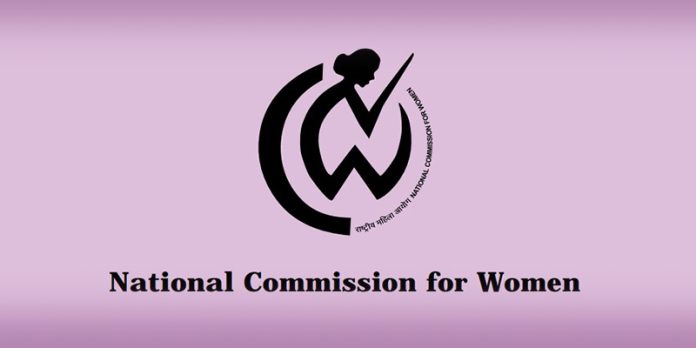The National Commission for Women (NCW) has issued summons to YouTubers Ranveer Allahabadia, Samay Raina, and others over allegedly derogatory remarks made on the comedy show India’s Got Latent. The issue has sparked a nationwide debate on content regulation in digital media, with authorities taking serious note of the incident.
NCW’s Response to the Controversy
On February 11, 2025, the NCW publicly condemned the offensive language used in the show. NCW chief Vijaya Rahatkar stated that the commission is taking the matter seriously and has urged the IT ministry to regulate content on such platforms. The summons issued require the content creators and producers involved to appear before the commission on February 17.
Content Creators and Producers Under Scrutiny
The controversy revolves around multiple YouTubers and comedians, including:
- Ranveer Allahabadia
- Samay Raina
- Apoorva Makhija
- Jaspreet Singh
- Ashish Chanchlani
- Producers Tushar Poojari and Saurabh Bothra
The NCW’s action highlights the growing concerns over inappropriate content on digital platforms and its impact on public discourse.
Legal and Public Repercussions
Following the NCW’s intervention, various legal and social implications have emerged:
NHRC’s Involvement
A member of the National Human Rights Commission (NHRC) has requested YouTube to take down the video in question, citing it as “obscene and vulgar.” This adds another layer of scrutiny to the case, signaling stronger regulatory action against digital creators engaging in controversial content.
Mumbai Police Investigation
Mumbai Police officials have visited Ranveer Allahabadia’s residence to investigate complaints regarding his remarks. This police action suggests that the issue may lead to further legal consequences for the individuals involved.
The Debate on Digital Content Regulation
This controversy has reignited discussions on the necessity of stricter regulations for online content.
The Need for Content Monitoring
With platforms like YouTube and social media offering unrestricted access to content creation, there have been increasing concerns over unfiltered, offensive, or harmful material. The NCW’s intervention highlights the demand for a monitoring system that ensures responsible content creation while upholding free speech rights.
Public Reaction
The incident has divided public opinion:
- Supporters of the NCW’s action argue that derogatory content should be held accountable, especially when it disrespects communities or individuals.
- Critics of censorship believe that regulating content could lead to excessive control over creative expression, potentially stifling free speech.
Industry Response and Future Implications
YouTube’s Role in Content Moderation
Given the growing concerns, platforms like YouTube may need to revise their moderation policies to prevent such incidents in the future. The incident might lead to increased scrutiny of content creators and stricter enforcement of platform guidelines.
Comedians and Content Creators’ Perspective
Many content creators argue that comedy is subjective and that freedom of speech should allow them to push boundaries. However, this case raises the question of whether humor should come at the cost of offensive remarks that can incite backlash.
Potential Regulatory Changes
This incident may prompt government bodies to introduce new policies for digital content regulation. Such measures could include mandatory content warnings, age restrictions, and penalties for creators violating ethical standards.
Broader Impact on the Digital Space
The fallout from this controversy may not be limited to the accused YouTubers. Other content creators may also become more cautious about their material, leading to self-censorship to avoid legal repercussions.
Additionally, advertisers and sponsors associated with these influencers might reassess their partnerships, leading to financial implications for those involved. Brands often distance themselves from controversial figures to maintain a positive public image.
Calls for Responsible Content Creation
The controversy has sparked discussions on ethical content creation. Many industry experts believe that digital influencers must take greater responsibility for the impact of their words and actions. Online platforms may also need to implement stronger guidelines to prevent similar issues in the future.
The NCW’s summons to Ranveer Allahabadia, Samay Raina, and others underscores the growing concerns regarding digital content responsibility. As legal and public scrutiny intensifies, the outcome of this controversy could set a precedent for future digital content regulations in India. With authorities taking firm action, the balance between creative freedom and responsible content creation remains a crucial point of discussion.
By – Jyothi




